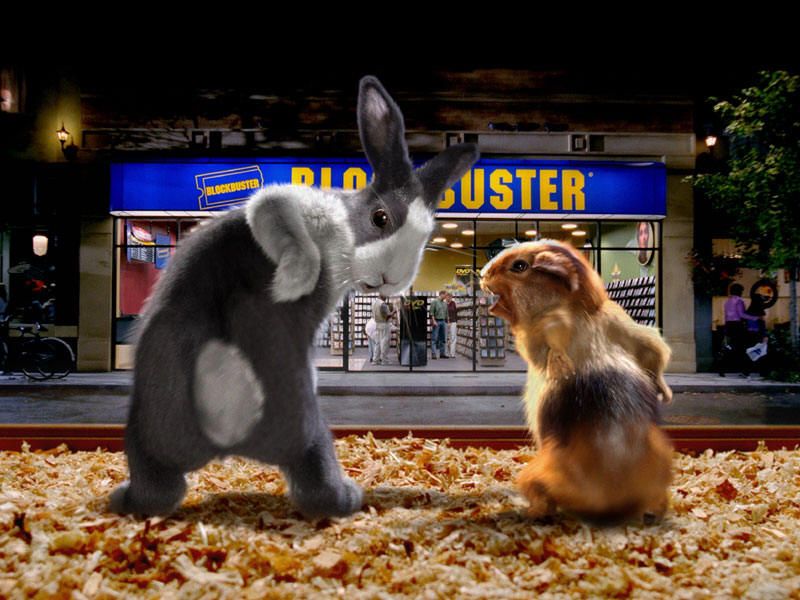
I just discovered an amazing book entitled Blessed Unrest by Paul Hawken. In 1966, Paul Hawken co-founded Erewhon Trading Company, the first natural-foods business in America (this was long before Whole Foods). Later he launched several successful sustainability-focused companies, including the garden-tool boutique Smith & Hawken, often cited for its environmental awareness. And I thought Smith & Hawken was just another Yuppie gardening store!
In his new book, Hawken provides the historical underpinnings of the environmental movement and lays out its common aims and ideals. This is a movement that has no name, leader, or location, but is in every city, town, and culture and it is organizing from the bottom up and emerging as an extraordinary and creative expression of people's needs worldwide.
Hawken talks convincingly about the convergence of the environmental/sustainability movement with the social justice and indigenous rights movements (collectively described as “the movement,”) and the significance of the millions of organizations that have arisen world-wide to tackle the many issues that all these movements encompass. According to Hawken, there are 1 - 2 million organizations working toward ecological sustainability and social justice. He asserts that this is the largest social movement in human history. The movement has three basic components: environmental activism, social justice initiatives, and indigenous cultures' resistance to globalization.
The movement for equity and environmental sustainability comes as global conditions are changing dramatically and becoming more demanding. We are the first generation to witness a doubling of population in our lifetime. Nearly 3 billion people will join the current population of 6.6 billion within 50 years. By the middle of this century, resources available per person will drop by at least half. Wow, this statistic makes me feel guilty for having a child!
When I was in high school, I enjoyed reading Ralph Waldo Emerson's essays. I loved how Emerson wrote about nature as a language. In Emerson's essays, he viewed religion, science, and nature as one field of thought. According to Hawken, Emerson's ideas on how we treat nature and how we treat one another would become the foundations of environmental and social justice. I also enjoyed reading works by Henry David Thoreau, who was influenced by Emerson's essay Nature, built a cabin and retreated to Walden Pond. Thoreau believed in human interdependency and the need to respond to moral imperatives. The connectedness Emerson saw in the natural world, Thoreau saw in the human world, and it led to his writing his classic essay Civil Disobedience. Thoreau's essay heavily influenced Gandhi and Gandhi's commitment to a nonviolent means of objecting to injustice similarly influenced Martin Luther King, Jr. These strands all express Emerson's faith that thought "was sent and meant for participation in the world..." What distinguishes one life from another is the one thing we can control: intention. I believe that by acting from a heart filled with grace and deep intentionality, we can make a difference in the world.
According to Hawken, there were two branches of the environmental movement in North American in the 19th century. Both Emerson and Thoreau can be credited for one branch, the idea of man and nature as one. Opposed to that view was the conviction that man is necessarily superior. George Perkins Marsh's Man and Nature ushered in a revolution in the way people conceived their relations with the earth. Its message was that nature thrived without humans and while man's intervention almost always caused permanent damage to the earth, intervene we must.
I believe that saving our planet is just as important as saving our indigenous cultures. According to Hawken, areas of the world that are the most biologically diverse are also the most diverse in language. Yet, half of the world's languages have disappeared. More than 3,000 of the remaining ones are dying. There are 438 critically endangered languages with fewer than 50 speakers. The prevailing Eurocentric view about indigenous cultures tends toward the belief that assimilation of these "marginal" cultures is in their best interests. But consider this. The loss of language is yet another indicator of the worldwide collapse of ecosystems. Indigenous people want the conveniences of modern life-- just not at the expense of losing their birthright. If languages are living things, inextricably intertwined with biological diversity, then the loss of "verbal botanies" is irreparable. Culture is a critical and determining part of our environment. Ecosystems are created by the interaction of living organisms; each species depends on the others to ensure its long-term survival. As we eliminate one culture every two weeks, we court two types of extinction: cultural and biological.
Hawken concedes that globalization does have potentially positive effects: dissolution of exclusionary political borders, connectivity of people worldwide, and a wealth of new opportunities in employment, education, and income. But these benefits obscure the liabilities: resource and worker exploitation, irreversible climate change, pollution (take a look at what's happening in China), destruction of communities, and diminished biological diversity. An inordinate focus on wealth creation also obscures poverty creation, as evidenced by the United States, which has the worst social record of any developed country in the world -- the U.S. is first in teen pregnancies, drug use, poverty, illiteracy, and hazardous waste production.
Like Emerson, I believe that we are nature and any sense of separateness that we hold onto is an illusion. By holding ourselves as separate from nature, we grant ourselves permission to destroy nature and the other living beings that share our planet. Any living system is a combination of harmony and autonomy, predictability and instability. The more resilient a system, whether it be social or biological, the more shocks and impacts it can withstand and still recover from. However, as systems lose diversity and thereby their functional redundancy, they become vulnerable to disruption and collapse.
Ecology is about how living organisms interact with each other and their environment. Sustainability is about stabilizing the disruptive relationship between humans and the living world. All our planet asks from us is rest, nurturance, respect, celebration, collaboration, and engagement. Will we listen?




1 comment:
WiserEarth.org , a project of Paul Hawken and his team, is a directory of more than 100,000 nonprofits working on social justice and environmental sustainability around the world.
It is a way for people and those working in these organizations to connect and visualize themselves as a movement, which Hawken mentions at the end of Blessed Unrest. Check it out, anyone can use it and contribute!
Check out the animal welfare and rights area of focus
Post a Comment